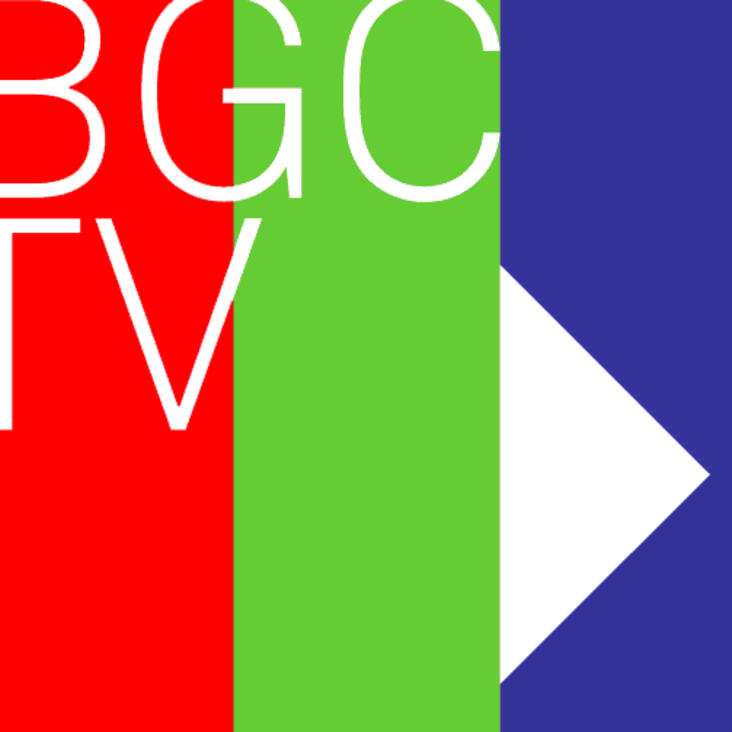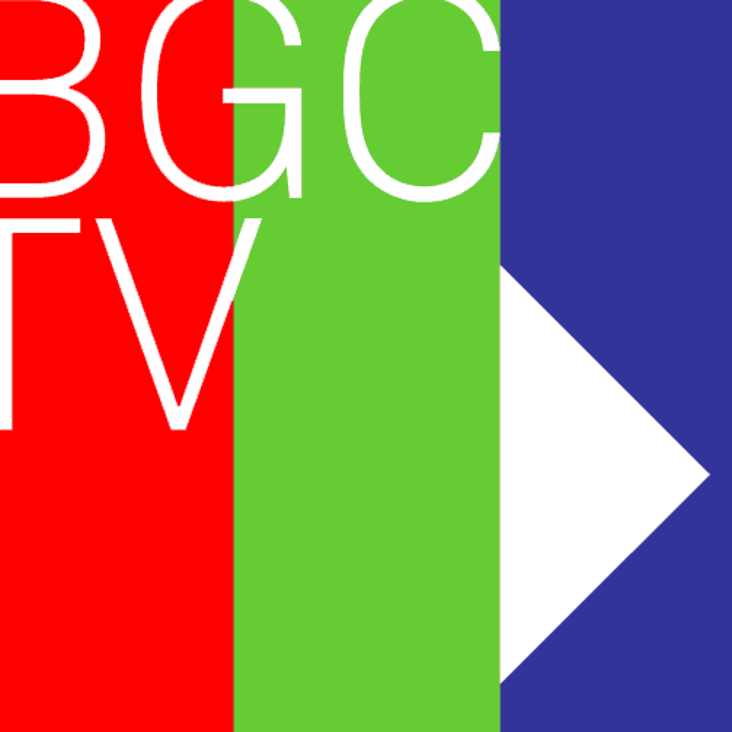Esther Leslie delivered the West 86th Lecture on Wednesday, September 25, at 6 pm. Her talk was entitled “Device and Designs on Us.”
Devices are designed to make human life easier. They work for us, but we work for them, and never more so than now, when they and we are never really “off.” This lecture explores the origins of the device—from its first emergence as a name for apportioned property to its dominance in and of the present, when the device captures our gestures and hears all our words. Devices work on our gestures. How does its design extend to become the designing of us for it, as well as the designing or designation of all that surrounds it, which includes its atmosphere. Devices monitor, calibrate, and assess atmosphere. This is made palpable in the notion of UX design (user experience design).
Techno science is unthinkable without the intelligence of the liquid crystal device. A liquid crystal phase of matter makes possible the application of intelligence in its data-crunching algorithmic somersaults, in the form of government and commercial intelligences. Liquid crystal enables, for example, the work of the virtual border guard, iBorderCTRL, who imitates human gestures and determines if the stranger is telling lies or the truth, which are the conditions of the stranger’s entry into states. A deep history of intelligence is wrapped up in devices and in their liquid crystal reflexes. This intelligence is being set to work around, through, and without us. What gestures, what words, might confound the devices and their designs on us?
Esther Leslie is Professor of Political Aesthetics at Birkbeck, University of London. Her books include various studies and translations of Walter Benjamin, including Walter Benjamin: Overpowering Conformism (Pluto, 2000), Walter Benjamin: Critical Lives (Reaktion, 2007), and the edited collection Walter Benjamin on Photography (2016). Other works include Hollywood Flatlands: Animation, Critical Theory and the Avant Garde (Verso, 2002), Synthetic Worlds: Nature, Art and the Chemical Industry (Reaktion, 2005), Derelicts: Thought Worms from the Wreckage (Unkant, 2014), Liquid Crystals: The Science and Art of a Fluid Form (Reaktion, 2016), and Deeper in the Pyramid (with Melanie Jackson: Banner Repeater, 2018).















